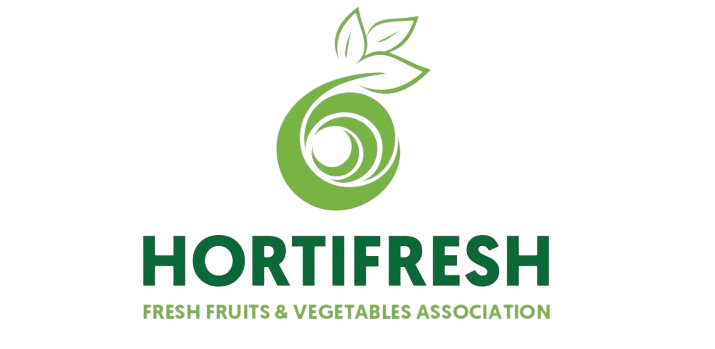Ministry’s Response to Food Safety
Ministry’s Response to Food Safety
The Ministry of Agriculture, Animal Industry, and Fisheries has disclosed to the FFV sector its forthcoming interventions to tackle the challenge of food safety, with the goal of benefiting both Ugandans and foreign consumers of locally produced goods. This announcement took place during a policy dialogue hosted by the HortiFresh association and facilitated by GiZ at Fairway Hotel in Kampala.
During her speech, Dr. Caroline Nankinga from the Department of Crop Inspection and Certification emphasized that the ministry ensures zero tolerance for harmful organisms and residues in consumable food by conducting regular inspections at packhouses, particularly focusing on produce intended for export.
“We have zero tolerance for pesticide residues. These days, we are being intercepted left, right, and center, not only due to harmful organisms like insects but also because the products we export contain a lot of pesticide residues, which is a food safety concern for those consumers,” she said.
Furthermore, Dr. Caroline mentioned that the Ministry is also focused on improving food safety standards for domestically consumed products.
What have we done? (MAAIF)
“Currently, the Department of Crop Inspection and Certification, along with all its divisions, is collaborating with other directorates and the private sector to draft a Food and Agricultural Regulatory Authority to enhance regulatory functions,” she added.
According to her, food safety issues are fragmented across different departments, making enforcement challenging. However, consolidating these efforts under one authority and reviewing existing policies would significantly contribute to ensuring safe food for all.
What HortiFresh Say!
Mr. Samuel GL Balagadde, the chairperson of HortiFresh Association Uganda Limited, representing growers, exporters, and input service providers of fresh fruits and vegetables in Uganda, believes that the major challenge lies in chemical residues present in the food being produced.
“When our produce reaches foreign markets, especially the EU, they check for residues of unpermitted chemicals and excessive amounts of permitted ones. If found, they destroy the entire consignment, resulting in significant losses for exporters,” Mr. Balagadde highlighted.
He added that flight costs alone to these markets account for about 60-70% of the total expenses, making it imperative to address the issue urgently and involve the most responsible parties. He further revealed that many interventions have been implemented, with others still underway, to ensure that the campaign also addresses local consumers, hence dubbing it “safe food for all.”
What is food safety?
Mr. James Mureithi, the regional coordinator of Control Union, emphasized that only food fit for human consumption should be considered safe.
He emphasized that among the numerous tasks undertaken by Control Union, the critical importance lies in establishing and maintaining checks and balances to ensure that the food introduced to the market is safe for human consumption.
Future measures to address food safety
In terms of future initiatives to address food safety concerns, HortiFresh, supported by GiZ, intends to launch public awareness campaigns on this matter using diverse platforms such as social media, radio, and television programs. Nonetheless, considerable endeavors are necessary to expand the campaign’s outreach, enhance its duration, and guarantee that the message reaches remote regions and upcoming generations through diverse publications.
Richard Ssebulime

